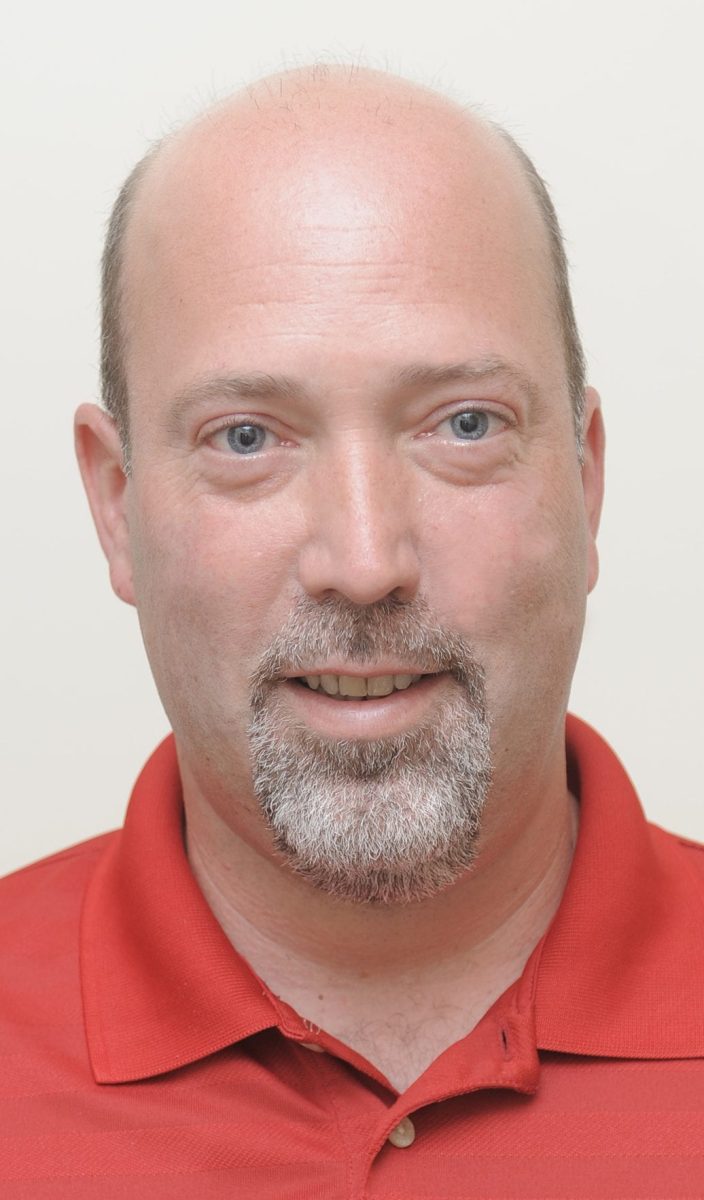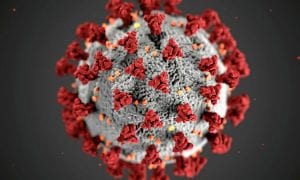WESTFIELD- Health Director Joseph Rouse is seeking to clear up confusion about the COVID-19 vaccine rollout plan after being inundated with phone calls from residents concerned about when they can be inoculated.
Rouse said that there are still many unknowns about the state’s vaccine rollout timeline as far as local health departments are concerned. As of Tuesday afternoon he said the state will remain in Phase 1 of the rollout plan until approximately the end of January. Phase 1 includes frontline healthcare workers, first responders, and other healthcare workers who may have a risk of coming into contact with COVID-19 patients.
“It will be two to three weeks minimum until we get to Phase 2 for seniors,” said Rouse.

Westfield Director of Public Health Joseph A. Rouse. (THE WESTFIELD NEWS FILE PHOTO)
Phase 2 is likely to start in February, though Rouse said there is no definitive date for it yet. Phase 2 will include people over the age of 75, people over the age of 65 with at least one comorbidity, people with two or more comorbidities, and essential workers.
Rouse said that Phase 3, which will include the rest of the general population, will begin in March or April.
“We have a plan, we are ready to go,” said Rouse.
He said he is unsure of whether Phase 2 vaccines will be administered by local health departments or if it will be largely run by the state. Should it be handled by the state, one would likely get their vaccine doses at a pharmacy, their doctor’s office, or state-run vaccine clinics.
On Tuesday, the national strategy for distributing vaccines changed. The Trump administration announced that all vaccine doses would be released, rather than continuing to hold some back for the second dose every person will need a few weeks later. This new strategy, which was first proposed by President-elect Joseph R. Biden, would theoretically allow for more first-doses to be administered to higher-risk groups while the manufacturing of additional doses continues.
“Releasing the doses will help to get everything out to people that are of the most concern,” said Rouse, “The only possible ramification I see is that further down the line it may have an impact, but it gives us a couple months to make more doses.”
He said that getting the second shot is extremely important, as it raises the efficacy of the vaccine from 50 percent to more than 90 percent. If one receives the Moderna vaccine, they will need to come back to get the second dose 28 days later. If one instead gets the Pfizer-BioNTech vaccine, they must return 21 days later.
“Seniors and essential workers would be well-served to have more out there than there is now,” said Rouse.
He said there have also been numerous questions about local access to testing for COVID-19. There will be a discussion about COVID-19 testing during the remote Board of Health meeting on Jan. 13 at 6 p.m.. It will be broadcast on Channel 15.






